10 Ways Cats Use Their Nose That Will Surprise You
Cats may not look like they’re sniffing out mysteries, but their noses are constantly at work—mapping the world, reading signals, and even picking up on your emotions. With up to 200 million scent receptors, their sense of smell beats yours by a mile. These surprising uses might make you see your cat’s little nose in a new light.
They Can Recognize You by Scent Alone
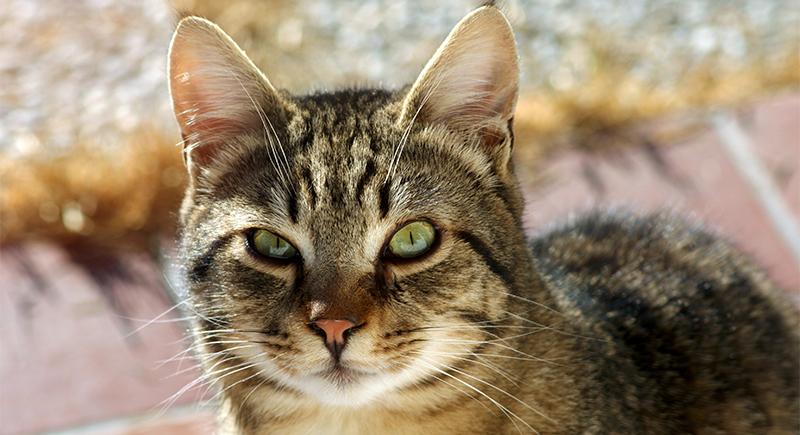
Credit: Wikimedia Commons
Before your cat sees your face or hears your voice, they’ve already identified you through smell. Cats use scent to tell people apart, and even freshly laundered shirts don’t fool them. Your skin, hair, and even the soap you use leave a chemical trail that your cat memorizes.
Their Nose Knows When You’re Stressed
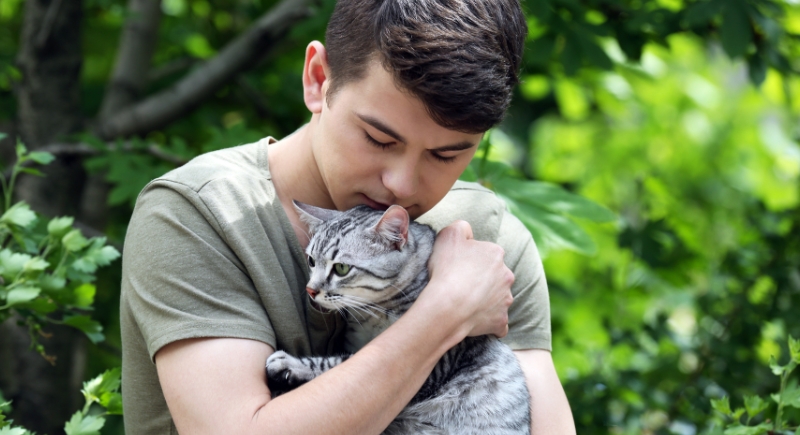
Credit: pixelshot
Feeling anxious? Your cat might know before your partner does. Humans release hormones like cortisol when stressed, and that slightly changes how we smell. Some cats respond by sticking close, while others keep their distance, depending on their personality.
Scent Is How Kittens Find Mom
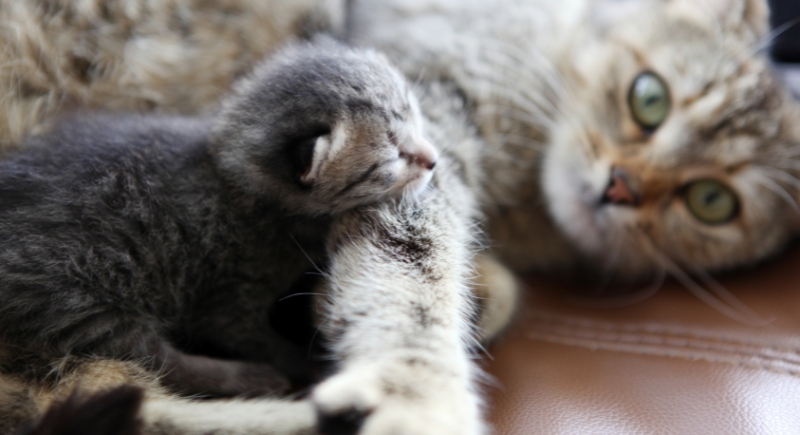
Credit: nenovbrothers
Newborn kittens are blind and deaf, but their sense of smell is active from birth. They crawl toward their mother by following her scent, which guides them to warmth and milk. According to veterinary behavior experts, that early scent memory can last for up to a year.
Each Cat’s Nose Is One-of-a-Kind
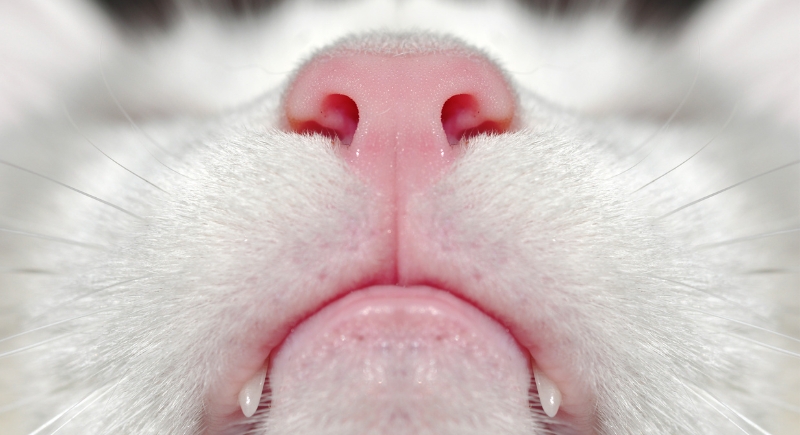
Credit: Canva
Just like fingerprints in humans, a cat’s nose has a unique pattern of ridges and bumps. This “nose print” could, in theory, be used to identify them. Some tech companies are even exploring nose print recognition as a lost pet tracking system.
Their Mouth Helps Them Smell More Deeply
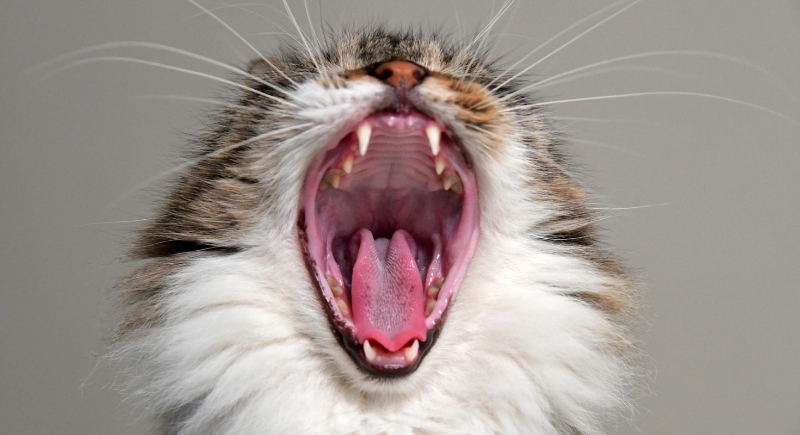
Credit: pexels
When your cat suddenly opens its mouth and looks frozen, it’s not just being dramatic. It’s activating something called Jacobson’s organ, which lets it process smells more deeply. This behavior, called the Flehmen response, looks strange, but it’s their version of a chemical deep dive.
Their Nose Steers Them to Food, Not Taste Buds
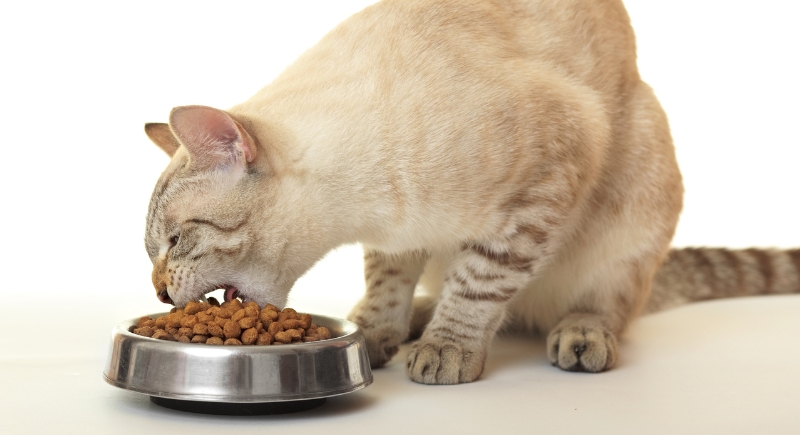
Credit: Getty Images
Cats don’t have many taste receptors, so they rely on smell to determine what’s edible. That’s why cats with respiratory infections often stop eating. It’s not that food tastes bad, it’s that they can’t smell it. Warming up their meals can help bring back some olfactory appeal.
They Sniff Objects to Assign Meaning

Credit: Getty Images
Cats often smell new objects to categorize them as safe, interesting, or worth ignoring. That slow, thoughtful sniffing is a decision-making process. It’s how they determine whether that new box, bag, or shoe deserves attention or avoidance.
Their Nose Helps Map Their Territory
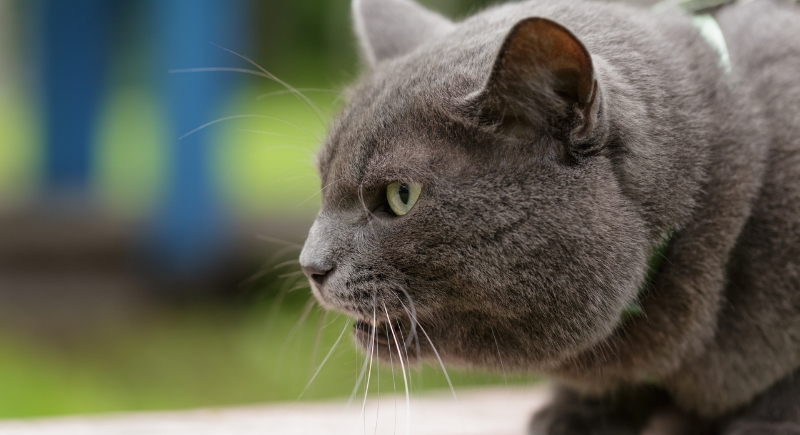
Credit: Getty Images
Male cats, in particular, patrol their domain’s boundaries by sniffing their scent markers and renewing them when they fade. These markings let other cats know the area is claimed. These invisible boundary lines help avoid conflict, like reading street signs for cats.
They Can Smell Potential Mates From Far Away
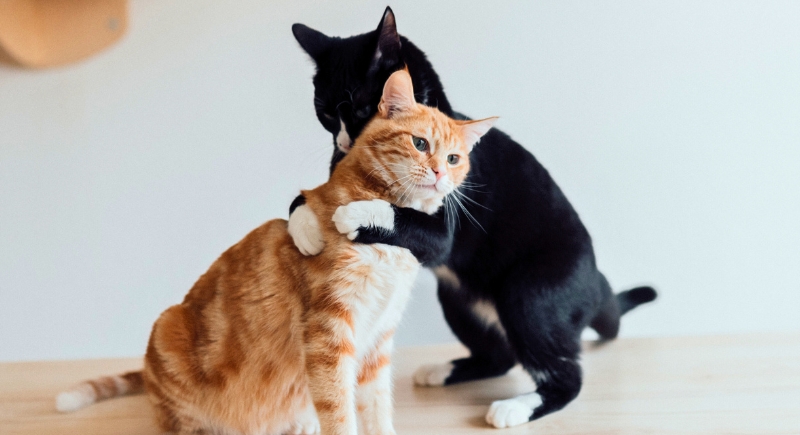
Credit: pexels
When a female cat enters heat, she sends out pheromones. Male cats can pick up those signals from surprisingly far away. Her smell signals that she’s fertile and helps attract suitors whose own scents make a good match.
They Smell to Assess Safety
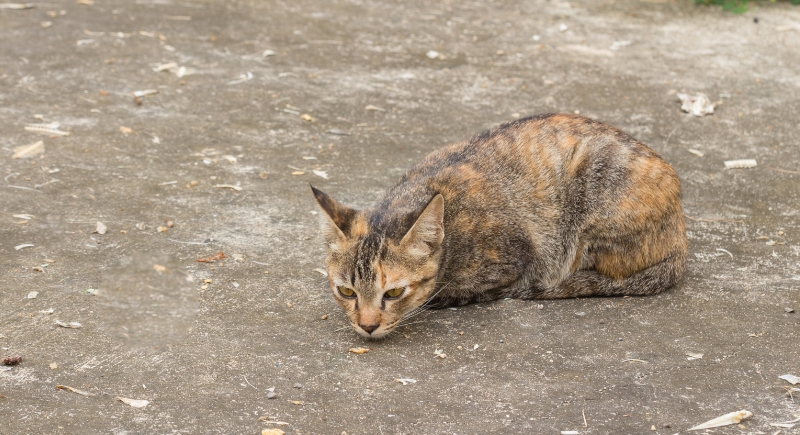
Credit: Getty Images
Before stepping outside or entering a new space, a cat pauses, nose twitching. They sniff for unfamiliar scents, recent visitors (human or animal), and any sign of danger. Their nose works like a radar that scans for threats long before you notice anything’s off.
Aromatherapy Isn’t Their Thing

Credit: Aflo Images
That lavender diffuser you love might be too much for your cat’s superpowered sniffer. Many essential oils are either irritating or downright toxic to them. Even pleasant scents can feel overwhelming. Cats prefer subtle smells—and ones they get to choose, like catnip.
Catnip Isn’t Their Only Scent-Based Delight
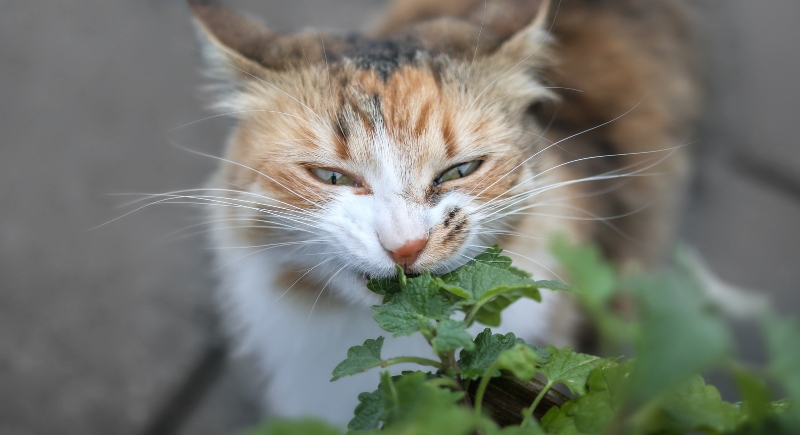
Credit: Getty Images
Catnip may get all the fame, but silver vine, valerian root, and Tatarian honeysuckle deserve a shout-out, too. These natural plants trigger feel-good brain responses in some cats and give them a bit of a sensory high. Not all cats respond to it, but for those who do, it’s pure joy in a sniff.
They Can Smell Weather Changes Before You Notice
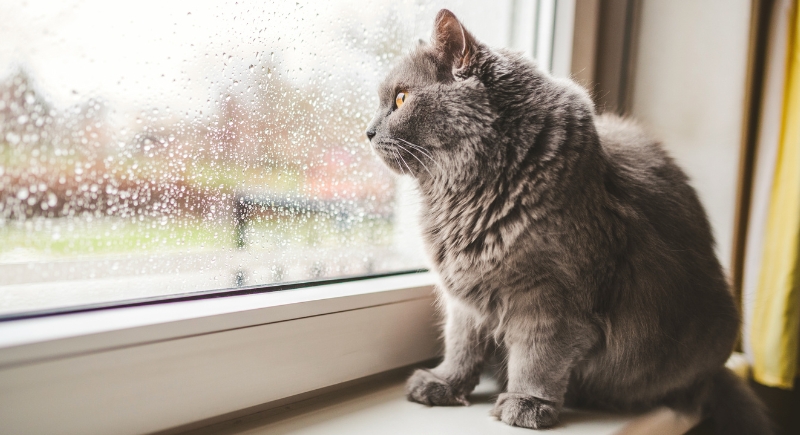
Credit: Getty Images
Before a big weather shift, some cats get restless while sniffing the air, hiding, or pacing around. Experts think they might detect changes in barometric pressure or scent particles in the air. It’s a finely tuned nose catching the scent of a storm before it hits.
They Use Scent to Reclaim Peace After a Fight
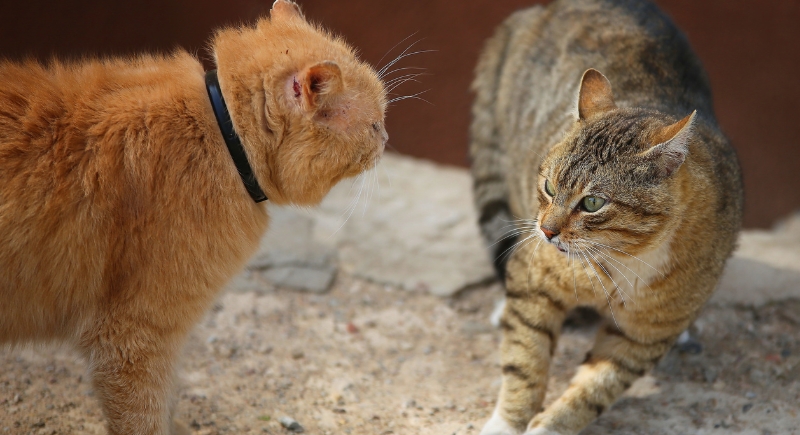
Credit: Getty Images
After a squabble with a fellow cat, the peace process often begins with scent. Cats often groom each other or rub against familiar objects to rebuild that shared group scent. It helps ease the tension and reset the vibe.
They Smell Changes in Their Own Health
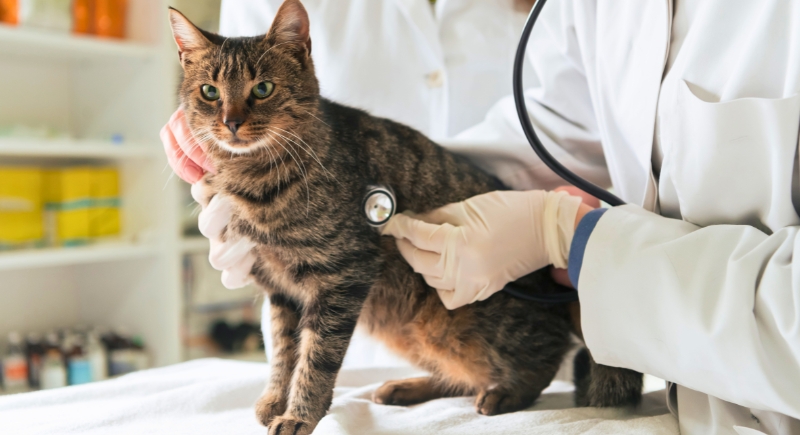
Credit: Canva
When a cat hides or acts “off” before any obvious signs of illness, it might be reacting to its own body odor changes. Some researchers believe cats can smell internal shifts in their health, like infection or inflammation, well before anything is visible.